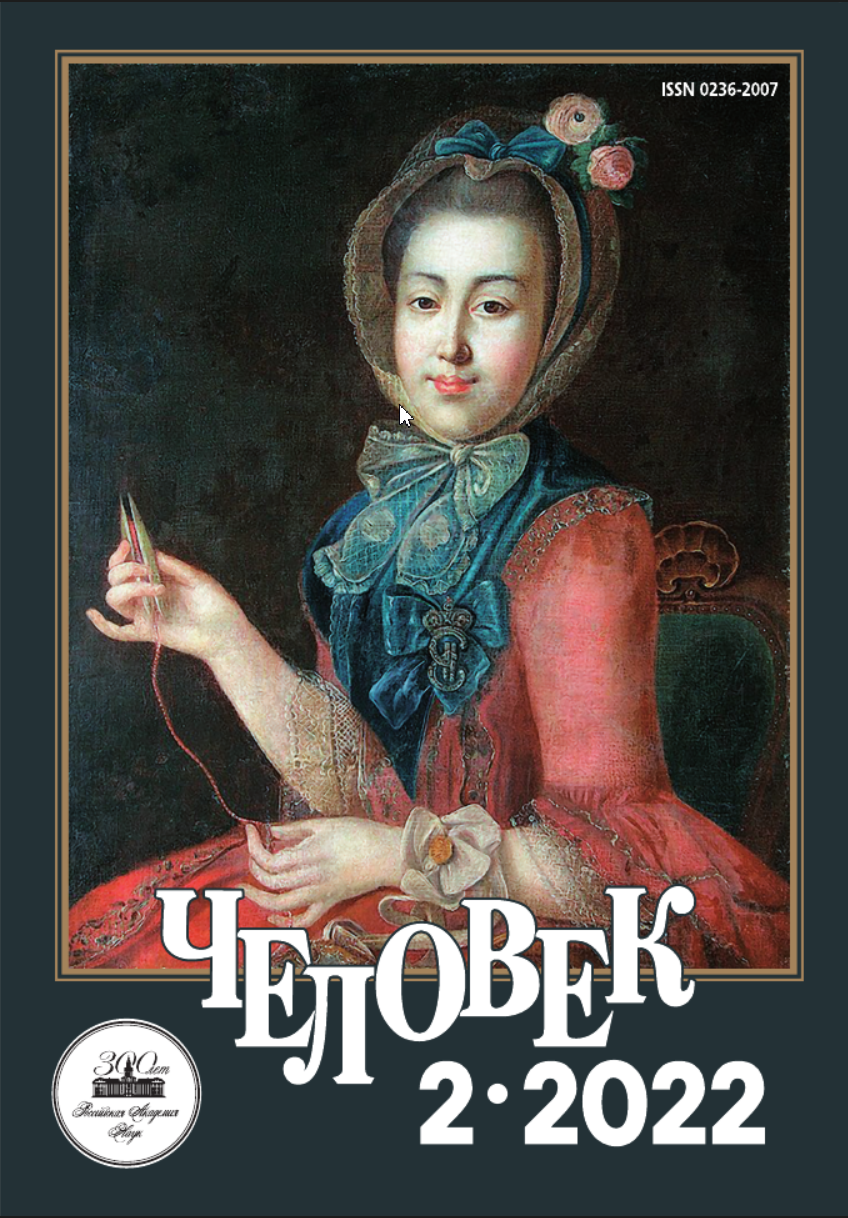Беспричинно причиняемое (о сущности зла)
Ключевые слова:
зло, сущность зла, беспричинно причиняемое, причинение, обоснование (фундирование)Аннотация
Выдвигается и обосновывается гипотеза, согласно которой сущность зла понимается как нечто беспричинно причиняемое. Аргументация автора опирается на концептуальную взаимосвязь трех установок: 1) диалектически-противоречивого толкования зла; 2) традиционного отнесения зла к отрицательным ценностям; 3) подозрительного отношения к каузальности, характерного для философских школ не сугубо рационалистической направленности. Разграничением причинения и обоснования (фундирования) зло отличается от добра, понимаемого в его сущности как нечто беспричинно (внекаузально) фундированное. В концептуальной матрице «обоснование — причинение» определяются некоторые другие значимые этические феномены, в частности безразличие. В поддержку своей гипотезы автор, интерпретируя, привлекает прежде всего тексты модернистской стилистики (или прочитываемые модернистски) — как натуралистической, так и религиозной ориентации. Особое место в содержательном разъяснении сущности зла как нечто беспричинно причиняемого отводится концептуальным персонажам Ф.М. Достоевского — Кириллову и Ставрогину. Обращается внимание на семантические нюансы терминированного словосочетания (при сближении «беспричинности» с «непроизвольностью» и «непреднамеренностью»). Формулируя выводы, автор подчеркивает, что злу не обойтись в своем проявлении без каузального действия, которое выступает исключительно формальной, но при этом единственно надежно удостоверяемой причиной злодеяния, утопающей в массе причин эмпирически содержательных, но изрядно спекулятивных. Каузальность провоцирует и защищает зло. Безразличие, как причинно непричиняемое, есть вывернутое наизнанку злодеяние. Тотальная индифферентность неотличима от беспросветного зла. «Свободной» причинности, рационалистически самонадеянной, не справиться с безразличием природы к людям (никогда, впрочем, не полным и не сплошным) и не поддержать свободу (та любой каузальностью умаляется) в ее вынашивании добра. И наконец: добро и зло не настолько асимметричны, чтобы оказалась возможной окончательная победа одного над другим, и не настолько симметричны, чтобы стала бессмысленной и безнадежной борьба за добро против зла.






